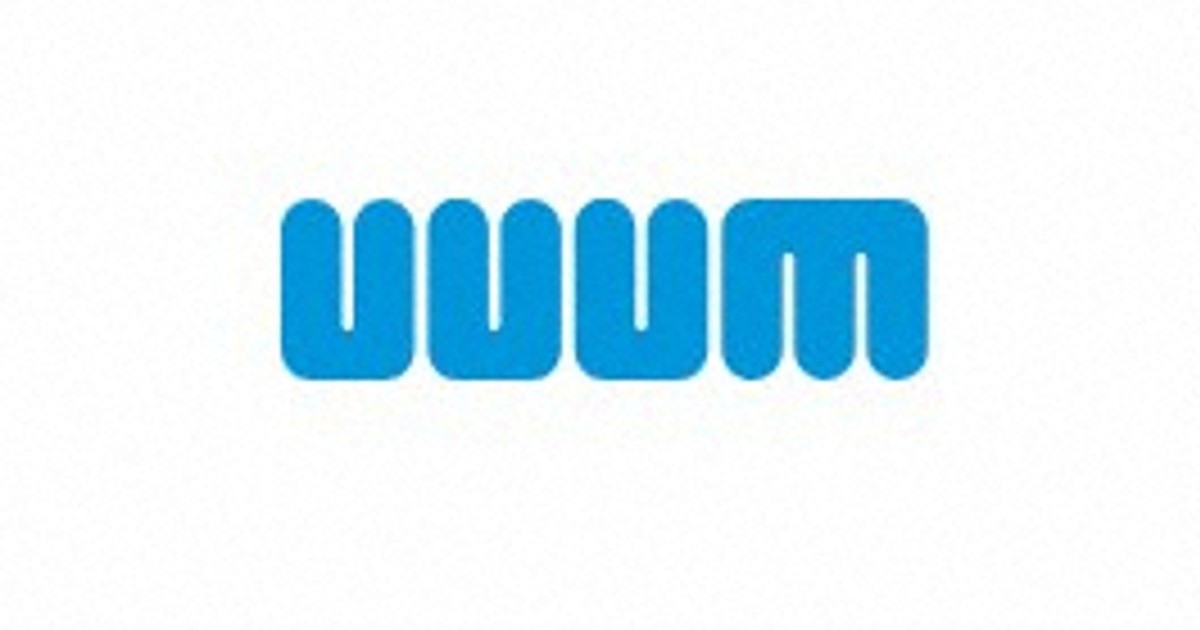UUUM Takes a Stand Against Creator Defamation: A New Era of Online Protection?
The Japanese multi-channel network (MCN) UUUM, home to some of Japan's biggest YouTube stars, has recently taken a strong stance against online defamation targeting its creators. This decisive move signals a potential shift in how MCNs handle online harassment and protect their talent in the increasingly volatile digital landscape. This article delves into UUUM's actions, the implications for creators, and the broader discussion surrounding online defamation and its impact on the creator economy.
UUUM's Public Declaration and Legal Action
UUUM's recent announcement regarding its commitment to combating defamation against its creators has sent ripples through the Japanese online community. The company explicitly stated its intention to pursue legal action against individuals spreading false and malicious information about its talent. This isn't just a statement; UUUM is actively working with legal counsel to identify and pursue lawsuits against perpetrators.
Key Aspects of UUUM's Response:
- Proactive Monitoring: UUUM is implementing enhanced monitoring systems to detect and track defamatory statements across various online platforms.
- Legal Representation: The MCN is providing legal support and representation to affected creators, covering legal fees and other associated costs.
- Community Engagement: UUUM is encouraging its community to report instances of online harassment and defamation, fostering a more collaborative approach to tackling the issue.
- Transparency and Communication: The company is communicating openly with its creators and the public, keeping everyone informed about its ongoing efforts.
This proactive approach marks a significant departure from the more passive responses often seen from MCNs in the past. It demonstrates a commitment to protecting its creators' well-being and upholding their online reputation.
The Impact on Creators and the Broader Creator Economy
UUUM's actions have far-reaching implications for creators in Japan and beyond. This move:
- Sets a Precedent: It establishes a precedent for other MCNs to follow, potentially prompting a wider industry shift towards greater creator protection.
- Empowers Creators: By actively defending its creators, UUUM empowers them to focus on content creation rather than constantly battling online negativity.
- Enhances Creator Trust: This demonstrates UUUM's commitment to the well-being of its creators, fostering a stronger sense of trust and loyalty.
- Promotes a Healthier Online Environment: By actively combating defamation, UUUM contributes to a healthier and more positive online environment for all creators.
This action could encourage a more responsible online community, potentially reducing the prevalence of online harassment and defamation.
The Fight Against Online Defamation: A Continuing Battle
While UUUM's actions represent a significant step forward, the fight against online defamation is far from over. The anonymity and reach of the internet make it a challenging battleground. However, UUUM's commitment highlights the importance of proactive measures, legal recourse, and community collaboration in protecting creators from online abuse.
What Can Other MCNs and Creators Learn from UUUM?
- Invest in monitoring tools: Proactive identification of defamatory content is crucial.
- Provide legal resources: Offering legal support to creators is essential for effective protection.
- Foster a supportive community: Encouraging reporting and creating a safe space for creators to share concerns is vital.
- Promote digital literacy: Educating creators and the community about online safety and responsible online behavior is key.
UUUM's stance against creator defamation represents a positive step towards a safer and more supportive online environment for creators. This bold move serves as a powerful example for other MCNs and highlights the need for collective action to combat online harassment and protect the well-being of creators worldwide. The long-term effects remain to be seen, but it's a significant development in the ongoing battle for a more responsible digital world.
